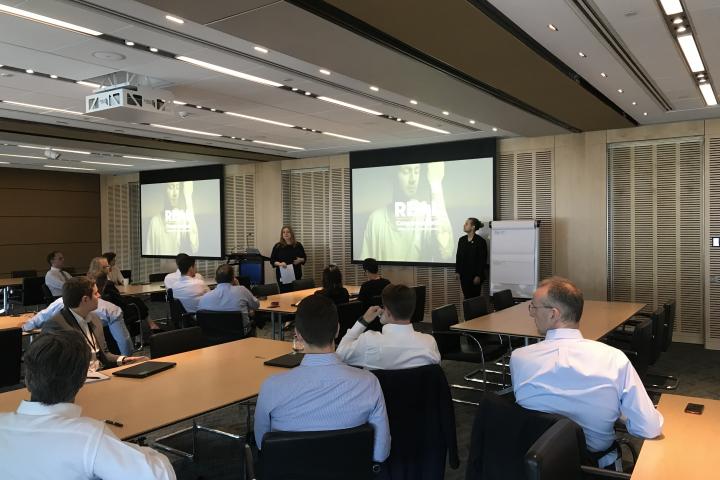Aiding the parental leave journey: SEEK
Find out how SEEK supports expecting and new working parents to navigate parental leave.
- Professional, Scientific and Technical Services
- All locations

- SEEK developed a comprehensive program that supports people through their parental leave journey.
- The program includes organisational and individual interventions.
- Benefits include increased retention, engagement, mental health and wellbeing and job satisfaction.



